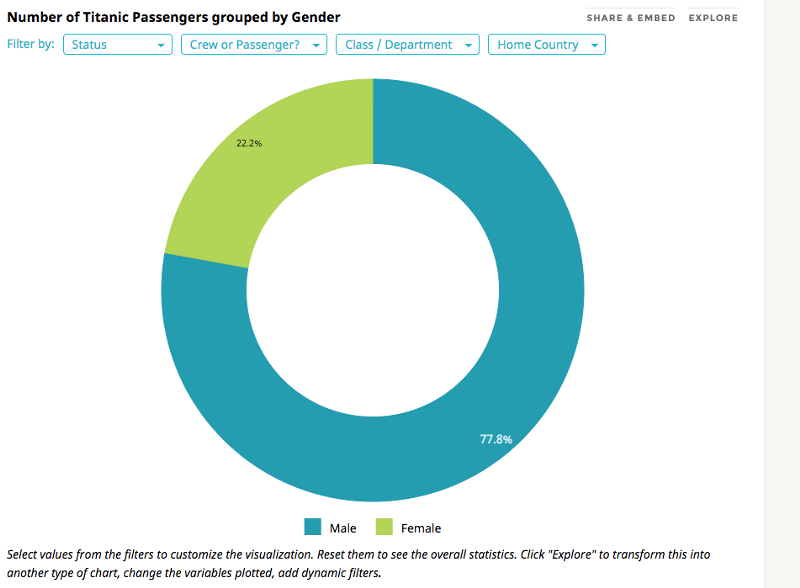What We Are Reading
Ernesto Ramirez
April 4, 2015
Articles
The validity of consumer-level, activity monitors in healthy adults worn in free- living conditions: a cross-sectional study by Ty Ferguson, Alex Rowland, Tim Olds, and Carol Maher. A very interesting research study examining the accuracy of different consumer activity trackers when compared to “research-grade devices.” Free living only lasted a few days, but it’s a great start to what I hope to see more of in the research – actual use out in the wild.
The Healing Power of Your Own Medical Records by Steve Lohr. Steven Keating has a brain tumor. He also has over 70GB of his medical data, much of which is open and available for anyone to peruse. Is he showing us our future? One can hope.
Mr. Keating has no doubts. “Data can heal,” he said. “There is a huge healing power to patients understanding and seeing the effects of treatments and medications.”
Why the DIY part of OpenAPS is important by Dana Lewis. Always great to read Dana’s thoughts on the ever evolving ecosystem of data and data-systems for people living with diabetes.
Why I Don’t Worry About a Super AI by Kevin Kelly. I, for one, am super excited for advancements in artificial intelligence. There are some that aren’t that excited. In this short post our QS co-founder, Kevin Kelly, lays out four reasons why he, and maybe why all of us, shouldn’t be fearful of AI now or into the future.
Responding to Mark Cuban: More is not always better by Aaron Carroll. Earlier this week Mark Cuban started a bit of an kerfuffle by tweeting out, “1) If you can afford to have your blood tested for everything available, do it quarterly so you have a baseline of your own personal health.” What followed, and is still ongoing, is a great discussion about the usefulness of longitudinal medical testing. I’m not sure I agree with the argument made here in this piece, but interesting nonetheless.
Show&Tell
My Quantified Email Self Experiment: A failure by Paul Ford. Paul takes a look at his over 450,000 email messages dating back 18 years. He find out a lot, but states that he doesn’t learn anything. I disagree, but then again, I’m not Paul. Still fascinating regardless of the outcome.
Filling up your productivity graph by Belle Beth Cooper. Want to understand your productivity, but not sure where to start? This is a great post by Belle about how she uses Exist and RescueTime to track and understand her productive time.
Visualizations
2014: An Interactive Year In New Music by Eric Boam. We’ve featured some of Eric’s visualization work here before, but this one just blew me away. So interesting to see visualization of personal data, in this case music listening information, turned into something touchable and engaging.

“Women and Children First” by Alice Corona. A fascinating deep data dive into the Titanic disaster. Was the common refrain, “Women and children first!” followed? Read on to find out.
Access Links
HHS Expands Its Approach to Making Research Results Freely Available For the Public
European Food Safety Authority (EFSA) Grants Public Access to Data through Scientific “Data Warehouse”
FDA ‘Taking a Very Light Touch’ on Regulating the Apple Watch
Selling your right of privacy at $5 a pop
From the Forum
Survey on Self-tracking for weight-related purposes
Aging Biomarker Test



